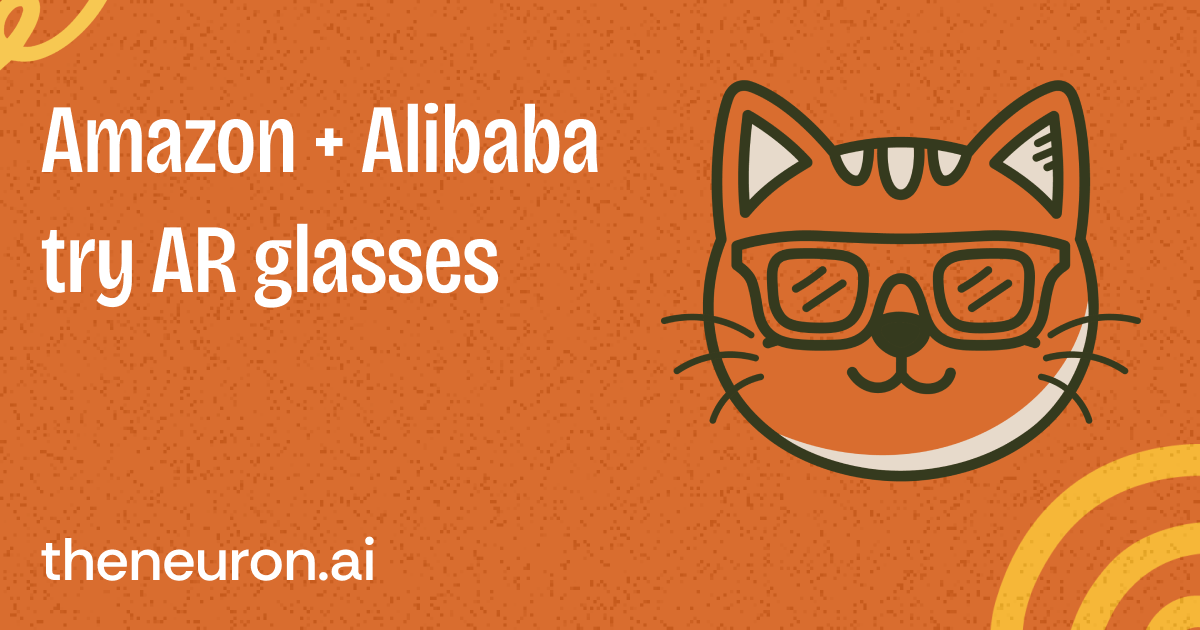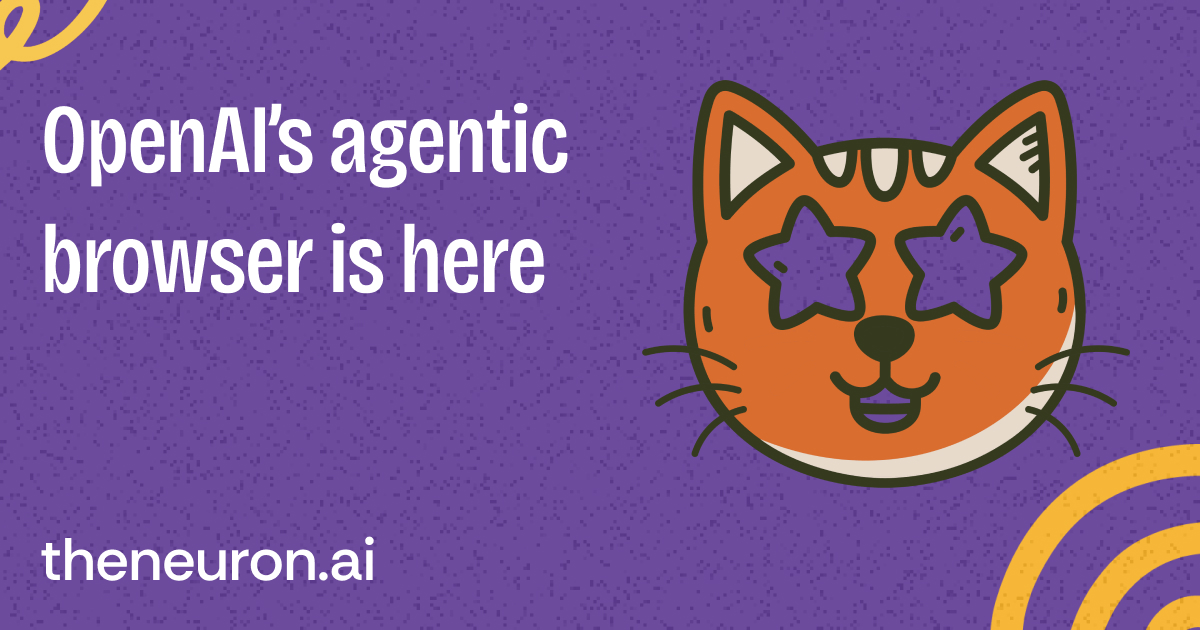Welcome, humans.
Perplexity uses Google data to power its own AI search results. In other words, Perplexity is using Google to try to beat Google.
It's somewhat akin to “borrowing” a friend's old bike, outfitting it with a turbo engine, and then speeding ahead in a race they thought they had in the bag. Something we’ve absolutely never done before…
Here’s what you need to know about AI today:
- Claude 3 Opus is by far the best AI tool for summarization.
- When summarizing long documents, break them down into smaller sections.
- We’re spotlighting the AI tools from Y Combinator’s Demo Day.
- ChatGPT-4 is much more persuasive than humans in debates.

How to use AI to summarize anything.
One of the best use cases for AI is summarizing/“talking to” long documents or texts. Use AI for content you’d typically skim (not The Neuron, obviously):
- Meeting transcripts.
- Financial reports.
- Legal contracts.
- Research reports.
- Sales call notes.
- Email threads.
- Instruction manuals.
- YouTube videos—we’re big fans of Glasp, an AI tool that summarizes any YouTube video in one click, as such:

Important note: Use Claude 3 Opus for summaries.
A research study tasked AI models with synthesizing 26 books and discovered that Claude 3 Opus (the $20/mo. Claude) delivered far more accurate summaries than GPT-4, Mixtral, or GPT-3.5 Turbo.
Claude 3 Opus can also digest the largest amount of content (~500 pages-worth).

BUT…AI models aren’t 100% accurate—2.03% of summaries by Claude 3 Opus included hallucinations or contradicted the original text.
Similarly, these AI models tend to disproportionately focus on the beginning and end of texts, overlooking the middle sections.

So, keep these tips in mind:
- Break long documents into smaller chunks and summarize them hierarchically.
- Fact-check summaries against an entire document, especially for info that must be accurate (like data used in presentations).

FROM OUR PARTNERS
This Harvard-Founded AI Startup Grew 5x in 2023 (And You Can Invest)

Isn't it the worst when you click into an article only to be slammed with a “You’ve Hit Your Free Article Limit”?
Zette is creating a future where you’ll never be blocked again.
With Zette, one subscription unlocks paywalled articles across the web, starting at $9.99 per month for 30 articles. Like a “Spotify for news”.
They’ve reached 50,000+ readers, 5x year-over-year growth, and top partnerships with 110 leading publishers, from Forbes to Pulitzer-Prize-winning news outlets.
Don’t miss out: Neuron readers have a unique opportunity to get better terms on Zette’s investment round (closing soon): invest starting at $250 in Zette today.

AI takes center stage at YC Demo Day, and we're here for it.

During this week's Y Combinator Demo Day, an astonishing 70% of the 242 startups pitching were AI-related. This is a significant jump from last year's 32%.
Fun fact: we know some YC alumni who have said it feels like a 9am-9pm WFH gig with a few advisor sessions. I guess brand names sell…
Either way, YC is a hint at the future of AI. Here are some standout AI startups from this week (check out all 21 consumer apps that pitched here):
- Aqua is a way to edit something by dictating the changes you want.
- Fluently provides AI-based feedback on your speaking skills post-Zoom calls.
- PocketPod creates personalized podcasts that match your interests.
- Datacurve generates “expert quality” data for training AI models.
- Kopia lets people try on clothes virtually.
- Intercept uses AI to help CPG brands identify and dispute chargebacks.
- Nuanced claims to have the ability to detect AI-generated images.
- Abel helps lawyers review legal documents 10x faster.
- Infinity AI generates talking-head videos of AI avatars or 100 celebrities from scripts:


Around the Horn.

The Information
- A majority of NYT articles will soon have the option to be read out loud by an automated voice.
- A research study found that ChatGPT-4 is much more persuasive than humans in debates.
- Anthropic discovered a new technique called "many-shot jailbreaking" that can trick AI models into giving harmful responses.
- Of all AI research published, just 2% focuses on AI safety.
- YouTube video on how to evaluate an LLM-powered RAG application automatically.

Thursday Trivia.
Reddit might truly be the only place in the world where 2,300 people engage in detailed debates to determine if a cloudy image is AI-generated or not, including digging deep into the photo’s lighting and perspective.
One glance, everyone knows the rules: one image is AI-generated, and the other is real.
Which is which?


A Cat's Commentary.


Trivia Answer: The consensus is that the left image is real, and the right is AI.

That’s all for today, for more AI treats, check out our website.
Get your brand in front of 400,000+ professionals here.
See you cool cats on Twitter: @nonmayorpete & @noahedelman02


.jpg)

.jpg)










